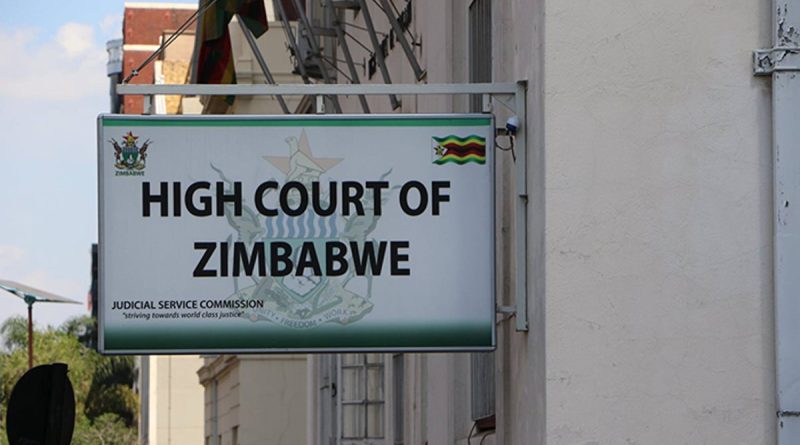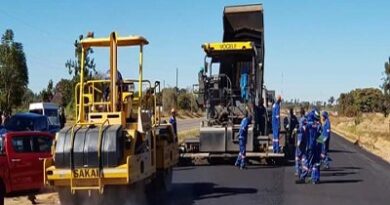High Court stops the demolition of Mbare college
THE High Court has temporarily stopped the demolition of the Mbare Vocational Training Centre to reportedly pave way for the construction of privately-owned tuckshops.
This followed an urgent High Court application by students and the Member of Parliament (MP) Martin Sunungukai Matinyaka objecting to the demolition of the college.
Matinyaka, Jimmy Fernando, Moses Tambarare and Oliver Vellem cited Private Places Hygiene Eye (Private) Limited, trading as Junior Family Business, City of Harare, Youth Empowerment, Development and Vocational Training minister Tinoda Machakaire and his Local Government ministry counterpart Daniel Garwe and the district police officer Mbare ZRP as respondents, respectively.
According to court papers, the applicants approached relevant offices for inquiry about the ongoing demolitions, but received no favourable response.
The applicants, represented by Privilege Seda and Melusi Muchada, are seeking a final order stopping the demolition of the training centre.
They are also seeking the granting of an order by the court allowing students to continue their studies without disturbance.
The applicants want the respondents to be ordered not to enforce the terms of the memorandum of agreement for the upgrading of Mbare Vocational Training Centre until the case is finalised.
They alleged that unlawful demolitions are being carried out to benefit private interests under the guise of renovations.
They submitted that the demolitions have disrupted classes, injured students and caused significant trauma and displacement.
The applicants argued that the demolitions violate their constitutional rights to education, shelter and property.
The applicants prayed that the court acts swiftly to uphold justice and safeguard constitutionally-protected rights.
Junior Family Business opposed the application citing lack of merit and urgency, arguing that the applicants delayed filing it despite being aware of the demolition since August 25, 2025.
It also emphasised that the demolition was lawfully sanctioned by the Harare City Council and supported by formal agreements and resolutions.
It refuted claims of constructing tuckshops, asserting that all work aligns with approved designs.
It maintained that the applicants have no prima facie rights violated and that the balance of convenience favours allowing the development to proceed.
The City of Harare through its town clerk also opposed the application.
Council said the applicants delayed taking action despite knowing about the demolition of the training centre.
The local authority also maintained that the applicants have no legal standing as they failed to prove they are students or demonstrate enforceable rights.
High Court judge Justice Happius Zhou ruled in favour of the applicants.
Justice Zhou said the fact that students have been ordered to relocate required an urgent intervention.
“The question of whether or not the demolitions are over is for the main application,” the judge ruled.
“The applicants have stated that the demolitions are still ongoing while the respondents allege that they have been completed and that they are now working on new structures.
“Whether they are ongoing or have been completed is not material as the interdict seeks more than merely the stopping of the demolitions.
“The relief includes that the students be not interfered with in their learning and that there be no construction of new structures that will disturb their learning.”
Justice Zhou said it could not be denied that the students had been affected by the construction of new structures.
“The mere fact that students have to be transferred to another institution is a harm that is not remediable if they succeed in the main matter,” the judge said.
“It is, therefore, in the interests of public justice that the relief being sought by the appellants be granted pending determination of the main matter.
“The applicants and all students at Mbare Vocational Training Centre shall be allowed to continue with their courses without disturbance from the respondents or any persons acting on their authority or instruction.”




